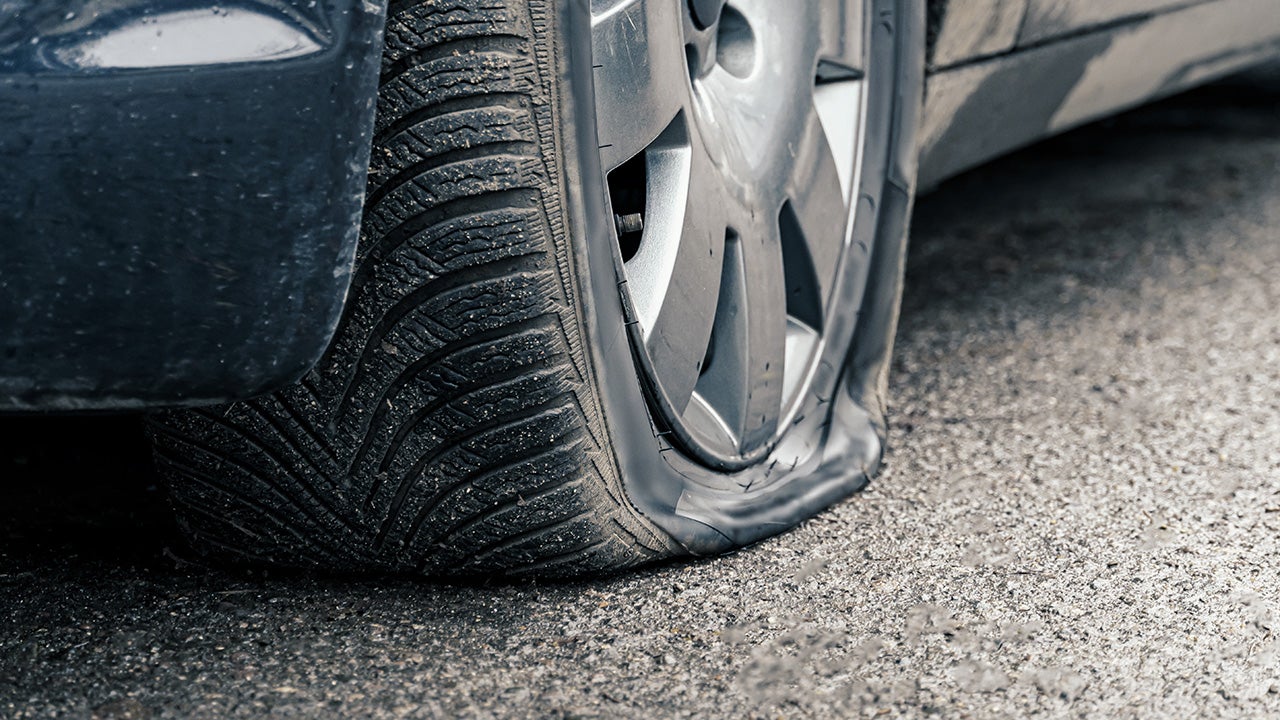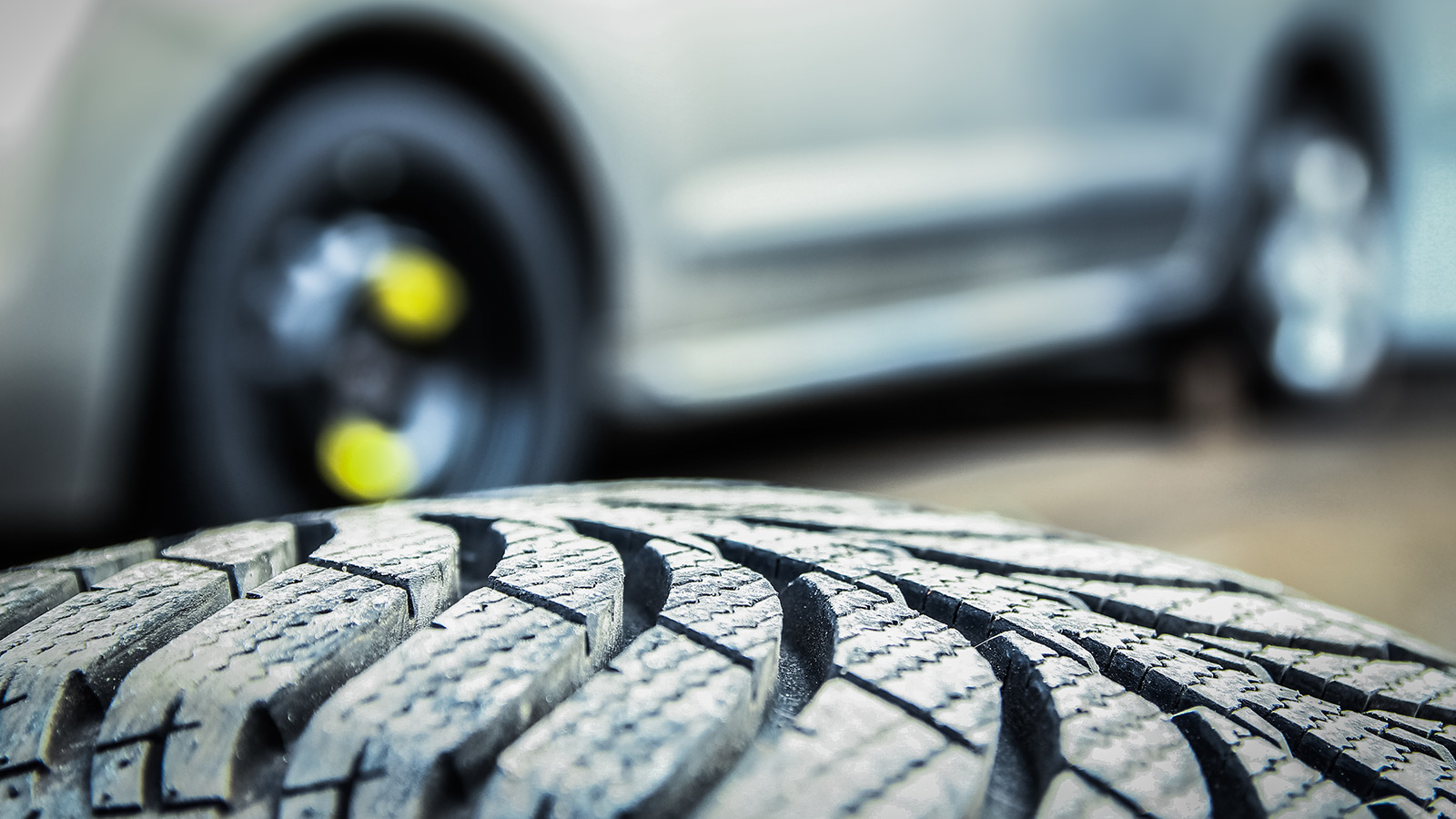All Categories
Featured
Table of Contents
I had the ability to get 100 hours out of among these tires, and while it had absolutely no tire lugs left on it, the soft compound made it work very wellas long as I was utilizing a soft mousse. Kitt Stringer photo Easy mounting - 3Wear - 3Sidewall strength - 3Performance on roots - 4Performance on damp rocks - 2Traction on dust - 5Cornering capacity - 4Traction while stopping - 4Self-clearing of dirt and mud - 3Performance in mud - 3Overall predictability or tracking - 3 _ 37 Conclusion: This is a great all-around tire with good worth for money.

The wear corresponded and I like the length of time it lasted and just how regular the feeling was during usage. This would certainly likewise be a good tire for faster races as the lug size and spacing bit in well on rapid surface. Kitt Stringer photo Easy installing - 3Wear - 3Sidewall stamina - 3Performance on roots - 4Performance on damp rocks - 4Traction on dust - 4Cornering ability - 4Traction while stopping - 5Self-clearing of dust and mud - 4Performance in mud - 4Overall predictability or monitoring - 4_42 Final thought: I liked this tire a whole lot.
If I had to buy a tire for hard enduro, this would certainly be in my leading choice. Easy mounting - 3Wear - 3Sidewall stamina - 3Performance on origins - 4Performance on wet rocks - 3Traction on dirt - 4Cornering capability - 3Traction while stopping - 3Self-clearing of dirt and mud - 4Performance in mud - 4Overall predictability or monitoring - 3 _ 34 Final thought: This tire was extremely soft and flexible.
All the gummy tires I tested performed rather close for the initial 10 hours or so, with the champions going to the softer tires that had much better traction on rocks (Wheel alignment services). Buying a gummy tire will most definitely provide you a strong advantage over a routine soft substance tire, but you do spend for that advantage with quicker wear
Tyre Safety Checks
Finest value for the rider that desires respectable efficiency while getting a reasonable amount of life. Finest hook-up in the dust. This is a perfect tire for spring and loss conditions where the dirt is soft with some dampness still in it. These tested race tires are terrific around, however use promptly.
My total champion for a hard enduro tire. If I needed to invest cash on a tire for day-to-day training and riding, I would choose this set.
Leading Tyre Repair (Beechboro 6063 WA)
I've been running a set of Michelin Power Pilot 2CT's on my track Daytona 675 for the previous year. Because time I have actually done 15 track days in all climates from cold wet to incredibly hot and these tires have never missed a beat. Tyre shop. I've done virtually 2,000 miles (3,200 km) on them and as you can see from this shot of the front taken after first session of my 15th track day on them, they still have rather a great deal of rubber left on them
Basically the 2CT is an amazing track day tire. If you're the type of cyclist that is likely to experience both damp and dry conditions and is starting on track days as I was last year, after that I believe you'll be tough pushed to discover a much better value for money and skilled tyre than the 2CT; a set of which will certainly set you back around 185 (US$ 300) in the UK.
Developing a far better all round road/track tyre than the 2CT must have been a difficult task for Michelin. The result of that initiative is the Michelin Pilot Power 3 which basically changes the Pure. Do not perplex this brand-new tire with the road going Pilot Road 3 which is not created for track usage (although some cyclists do).
They motivate massive self-confidence and supply remarkable hold degrees in either the damp or the dry. When the Pilot Power 3 released, Michelin recommended it as a 50:50% road: track tyre. That message has lately transformed due to the fact that the tires are now advised as 85:15% roadway: track use rather. All the motorcyclist reports that I have actually read for the tire rate it as a better tyre than the 2CT in all locations however especially in the wet.
Trusted Budget Tyres
Technically there are several differences in between both tires despite the fact that both use a double substance. Visually you can see that the 2CT has less grooves reduced right into the tire however that the grooves go to the edge of the tire. The Pilot Power 3 has more grooves for much better water dispersal yet these grooves don't get to the shoulder of the tire.
One aspect of the Pilot Power 3 which is various to the 2CT is the brand-new 2CT+ technology which extends the harder middle area under the softer shoulders (on the back tire). This ought to give a lot more stability and lower any "wriggle" when accelerating out of corners in spite of the lighter weight and more versatile nature of this new tyre.

I was a little dubious about these lower stress, it turned out that they were fine and the tyres performed actually well on track, and the rubber looked far better for it at the end of the day. Equally as a point of reference, other (quick team) riders running Metzeler Racetecs were utilizing tyre pressures around 22-24 psi for the back and 24-27 psi on the front.
Generating a much better all round road/track tire than the 2CT have to have been a hard task for Michelin. The result of that initiative is the Michelin Pilot Power 3 which essentially replaces the Pure. Do not perplex this new tyre with the road going Pilot Roadway 3 which is not created for track usage (although some bikers do).
Trusted Tyre Installation Near Me
When the Pilot Power 3 released, Michelin suggested it as a 50:50% road: track tyre. All the cyclist reports that I have actually checked out for the tire price it as a better tire than the 2CT in all areas yet particularly in the damp.

Technically there are several distinctions in between the 2 tyres also though both make use of a double compound. Aesthetically you can see that the 2CT has fewer grooves cut right into the tyre yet that the grooves go to the side of the tire. The Pilot Power 3 has more grooves for much better water dispersal but these grooves do not get to the shoulder of the tire.
One facet of the Pilot Power 3 which is different to the 2CT is the brand-new 2CT+ innovation which prolongs the harder center area under the softer shoulders (on the rear tire). This should provide a lot more stability and reduce any type of "squirm" when increasing out of edges in spite of the lighter weight and even more flexible nature of this brand-new tyre.
I was somewhat suspicious concerning these reduced pressures, it transformed out that they were great and the tires executed actually well on track, and the rubber looked much better for it at the end of the day - Wheel balancing. Equally as a point of referral, various other (fast team) riders running Metzeler Racetecs were using tyre stress around 22-24 psi for the rear and 24-27 psi on the front
Table of Contents
Latest Posts
Tyre Performance – Kiara WA
Tyre Repair Services Near Me
Tyre Balancing
More
Latest Posts
Tyre Performance – Kiara WA
Tyre Repair Services Near Me
Tyre Balancing